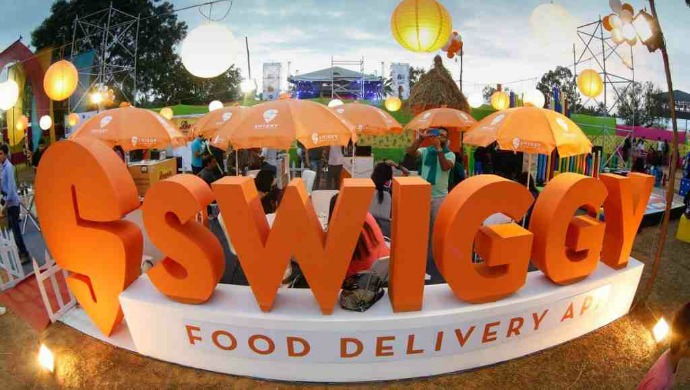If cabs can do it, why should food delivery startups be any different? In what is possibly a first for the food delivery industry, Swiggy is now charging surge prices for certain orders.

The surge pricing was noticed in Bangalore and seemed to be applicable for restaurants that had long delivery times. It’s been raining in Bangalore over the last couple of days, and massive traffic snarls have been reported in busy areas. Swiggy too appears to be finding it hard to make deliveries in time – a message on the front page of its site warns that certain areas might be unserviceable due to heavy demand.
Much like Uber, Swiggy claims that the surge prices in delivery enable it to get more delivery executives on the roads.

But it doesn’t seem to be very clear on who gets the extra money charged – in response to a twitter user, Swiggy says that the surge charges “may” be passed on to executives.

And more interestingly, does Swiggy have a team of independent partners that shall be willing to join Swiggy’s delivery forces seeing the extra Rs. 20 offered as incentive? Uber’s driver partners, in theory, are supposed to hit the streets when they notice higher prices on offer, but Swiggy, to the best of our knowledge, has full time employees who work in shifts. It’s unclear if new members can be frictionlessly added to the delivery force in adverse conditions with a monetary incentive.
But Swiggy is a private entity, and can choose to charge any prices it wishes to. To its credit, Swiggy mentions the surge in clear terms on its restaurants page. And the idea of charging more for your services when you work under adverse conditions does seem appealing, I must admit, as I hurriedly file this story at 11 pm on a Saturday night.
HT: Factor Daily
